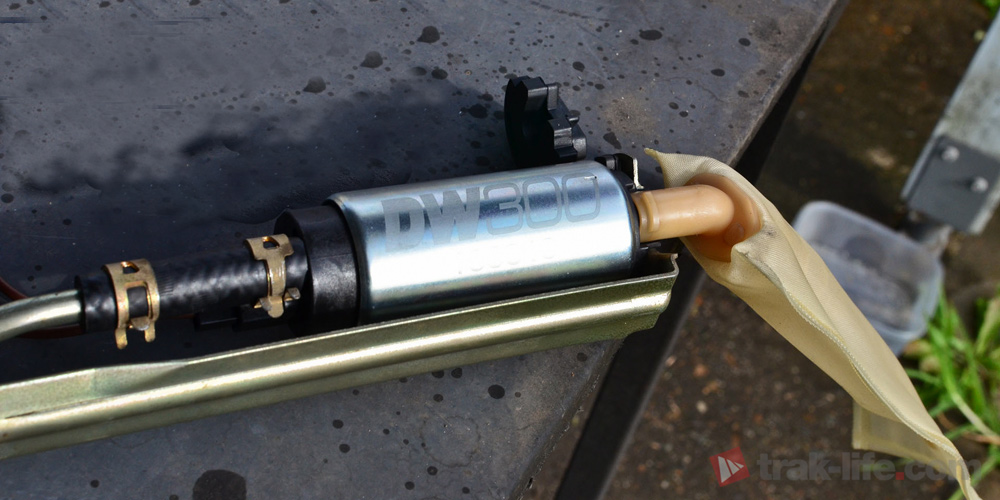Your car's fuel pump transports gas from the fuel tank to the engine, allowing it to function smoothly. The car's engine will not be able to obtain the gasoline to operate correctly or at all if the pump gets too hot, becomes clogged, or fails.
If you experience any of these symptoms, you should take your automobile to a dealer to get the fuel pump changed. Even a mini cooper s hpfp can fail and require delicate care. Don’t wait too long to replace or fix your Fuel Pump because it might lead to a tragedy. On a daily basis, these are 6 warning signs you should pay attention to.
The Fuel Tank Makes a Whining Sound
The gasoline pump is likely to fail if you hear a whining sound coming from the position of your fuel tank. If you notice whining, the fuel pump may be broken, you're out of gas, or there are pollutants in the tank.
Sputtering or Surges in the Engine
The fuel pump might be defective if you're driving and the engine suddenly began to splutter. The engine's efficiency dips and sputters if the fuel pump can't provide a continuous supply of gasoline to it. When the motor isn't getting the proper quantity of gasoline due to a faulty fuel pump, you might detect the car surging.
Vehicle Isn't Starting
While there are a variety of reasons why your automobile won't start, a broken fuel pump might be one of them. If you flip the key in the ignition, the motor cranks over, but it doesn't seem to start, there's a strong probability the fuel pump isn't delivering gas properly to the motor.
If you continue to attempt to start the engine without enough gas, the battery will be drained and the starting mechanism will be overworked, resulting in auto problems.
Power Loss When Weight is Loaded
If you're pulling a trailer or hauling a big load and your vehicle starts to drag, it's possible that the gas pump is to blame. A failed fuel pump can't provide enough gas or maintain the fuel pressurized sufficiently to keep up with the high demands for fuel that the automobile requires under harsh circumstances when the load on the vehicle is raised.
Gas Mileage Reduction
Evaluate the possibility of a malfunctioning or defective relief valve in the fuel pump if you quickly find yourself loading up your petrol tank more than usual. Excess gasoline can flow into the engine system if the valves do not activate when it is required. Unfortunately, extra gasoline or fuel cannot be stored or utilized within the engine, so it simply catches fire prematurely, lowering gas mileage.
High-Temperature Stalling
When your car's engine stalls, it's usually due to a faulty fuel pump, notably if the thermometer indicator on the dashboard rises. When the engine doesn't get enough gasoline from the fuel pump, it needs to work harder to maintain operating correctly.
Allowing your car to run out of gas, buying gas from a reliable store, and getting the fuel pump examined on a regular basis are all ways to keep your fuel pump in excellent operating order.


